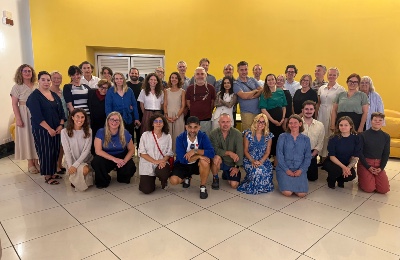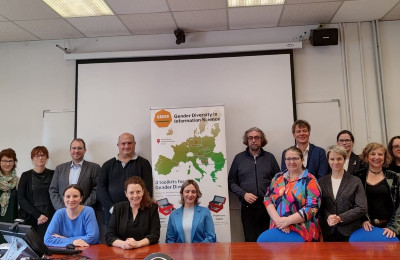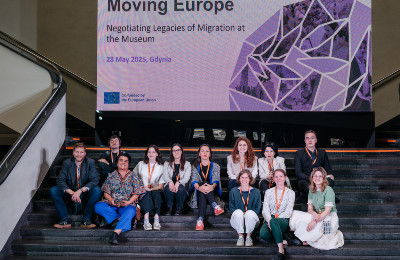Study international law multidisciplinary and internationally in a global network
Leuphana University Lüneburg is receiving €4.63 million in funding from the European Union for its innovative international master’s programme in International Law of Security, Peace and Sustainable Development (ILSPSD). The joint Master’s programme, run by a consortium of six renowned European universities, is offered as part of the European Commission’s Erasmus Mundus Joint Master’s programme, which focuses on excellence in higher education, and is coordinated by Leuphana as the lead university.






